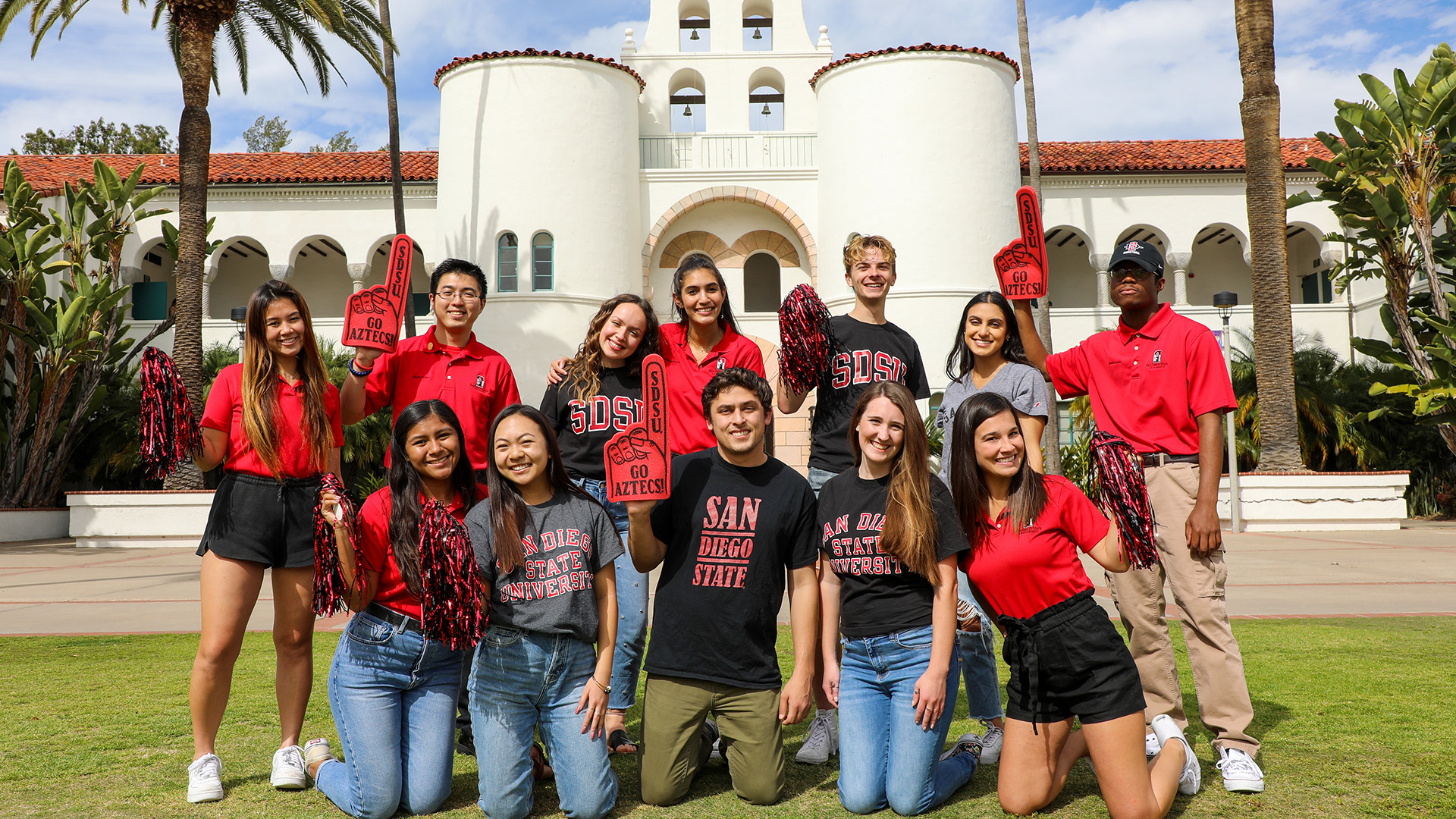Entrepreneurs Changing Lives
An SDSU team demonstrated a threshing machine that efficiently processes a staple grain of the Ethiopian diet.

A San Diego State University team took first prize — $25,000 in prize money and $75,000 of in-kind support from business sponsors — in the Richard Barrentine Values and Ventures Business Plan Competition held at Texas Christian University on April 10 and 11.
The team — consisting of SDSU management lecturer Michael Sloan, alumnus Gemechu Abraham and management student Peter Morrill — demonstrated a threshing machine that efficiently processes teff, a grain the size of a sesame seed.
Teff, which is found primarily in Ethiopia, is a critical part of the Ethiopian diet and is harvested by having either animals or humans stomp on the grass until the grain drops on the ground.
“Currently, it takes approximately 14 hours, five humans and several livestock animals to produce two pounds of teff,” Morrill said. “Our threshing machine can produce 7.5 pounds of grain in the same amount of time using only two humans. Plus the grain is cleaner and without the dirt and debris that accumulates on it when it is swept up off the ground.”
Making a difference
Abraham (’11, management) is the founding entrepreneur of World Entrepreneurs Do Good (W.E. Do Good), which is the organization behind the teff threshing machines.
“Our business plan calls for allowing Ethiopian women the ability to purchase the threshing machines with low interest loans,” he said. “These entrepreneurial women would then rent the machines to farmers providing cash to the women and their families and giving the farmers a more cost effective method of processing their grain before it goes to market.”
An early prototype of the threshing machine was tested earlier this year in Ethiopia with much success. The Ethiopian test group offered suggestions for improvements to the machine which the team will incorporate into their third prototype which is expected to be complete and ready for testing by the end of this year.
Along with the prizes from the Values and Ventures competition, additional support for W.E. Do Good has come from SDSU’s Lavin Entrepreneurship Center and SDSU’s Zahn Innovation Center, who assembled a team of engineering students to design and build the prototype.
“Winning the TCU Ventures and Values Competition provides the W.E. Do Good social venture with critical resources and invaluable relationships,” Sloan said. “The dream to substantially reduce poverty and have a significant social impact for farmers and women in Ethiopia will now become a reality.”



